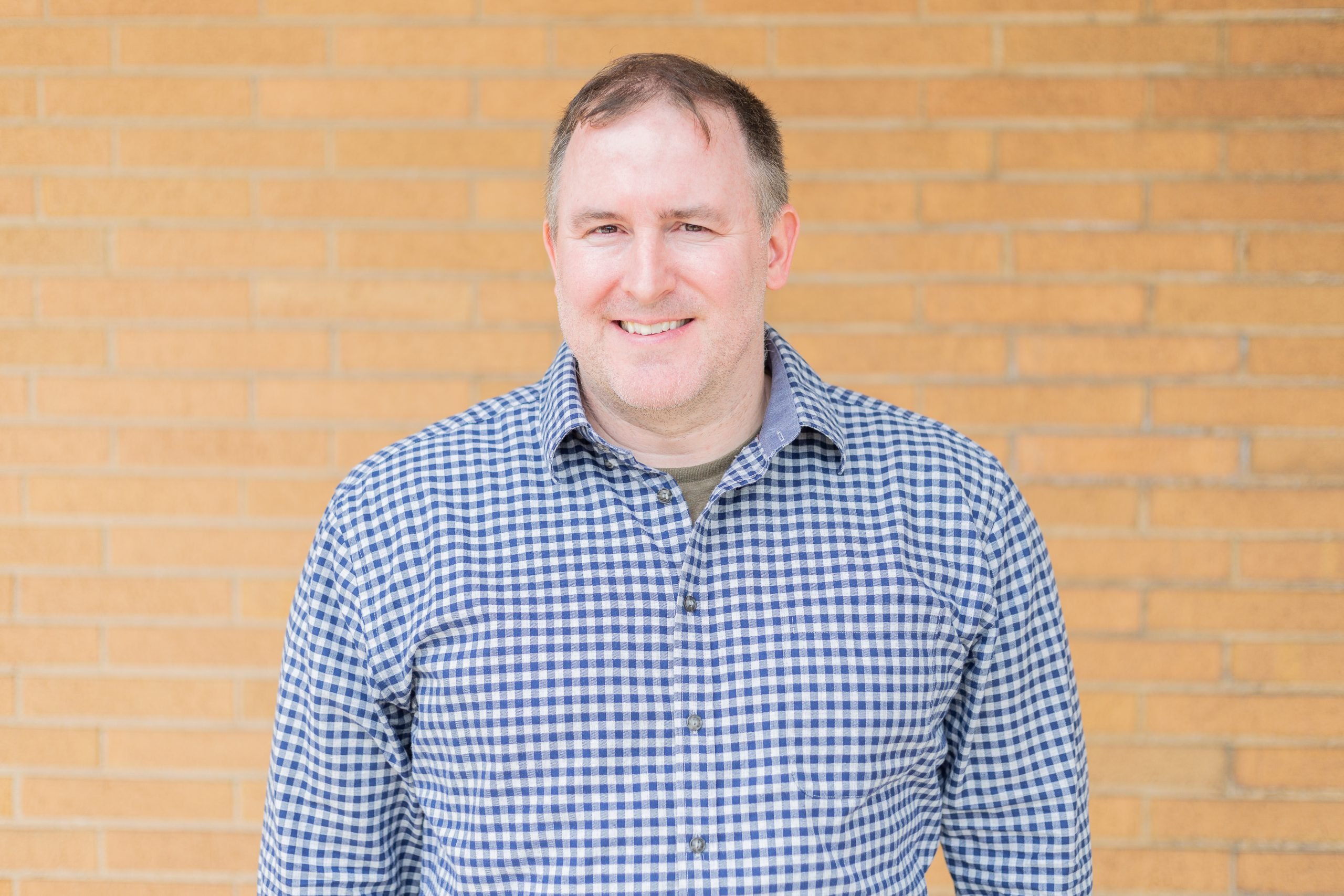
If you're considering an online master's degree in humanities, check out Concordia University's Master's in Digital Humanities.
Digital Humanities in Focus, Part III: Dr. R.S. Hill
This is part 3 of a 3-part blog series called Digital humanities in focus.
Digital humanities as a field is all about studying human beings. This includes analyzing human culture and/or using critical inquiry methods. The digital aspect of the digital humanities requires students to use and design digital tools within the field of humanities.
In order to better understand how the digital humanities are at play in academic and professional settings, we’re bringing you a three-part series called Digital Humanities in Focus. You’ll get a snapshot of three different professors that show you what people actually do with digital humanities.
Q + A with R.S. Hill, PhD.
Dr. Hill teaches history, with a concentration in United States social and cultural history. His research interests include the history of gender and the family and the scholarship of teaching and learning history.
Dr. Hill answered some questions about Concordia University’s Master’s in Digital Humanities.
What are your research interests within the field of History?
I work within the area of American social history. Social history involves reconstructing the experiences of ordinary people, often during times of dramatic political, economic, social, or structural change.
Subfields within social history that interest me include African-American history, ethnic history, gender history, labor history, and history of the family. I also study cultural interpretations and representations of historical experience—what is often referred to as cultural history.
This involves exploring the intersection of history and literature, ideology, popular culture, and the mass media to understand how our notions and perceptions of reality and identity are shaped.
What excites you about Concordia University’s new online master’s in Digital Humanities?
I am excited about the bringing together of individuals from various disciplines to create an interdisciplinary community and collaborative learning environment. I am also excited about finding digital ways to produce and disseminate historical scholarship and knowledge.
What courses are you teaching ?
Eventually, I’ll teach an archival course for the Digital Humanities program.
Why should a student consider an online master’s degree in humanities?
Digital Humanities will teach interdisciplinary skills, practices, and habits of the mind– whatever fields in the humanities that interest a student plus learning and practice in digital tools and computing resources.
What types of students would thrive in this program?
Creative thinkers who are inspired by new challenges and by the creation of new and exciting ways to create narratives, produce knowledge, and share it all digitally.
Earn your online master’s in humanities
Do you want to learn more about getting a master’s in digital humanities? You can book a call with one of our Inquiry Support Specialists. They’re equipped to answer your questions and connect you to the information you need.
— Vanessa Lane is the Content Marketing Lead at Concordia University and can be reached at vanessa.lane@cuaa.edu. When she's not at work, she can be found playing with her kids or watching NBA basketball with her husband.
If this story has inspired you, why not explore how you can help further Concordia's mission through giving.